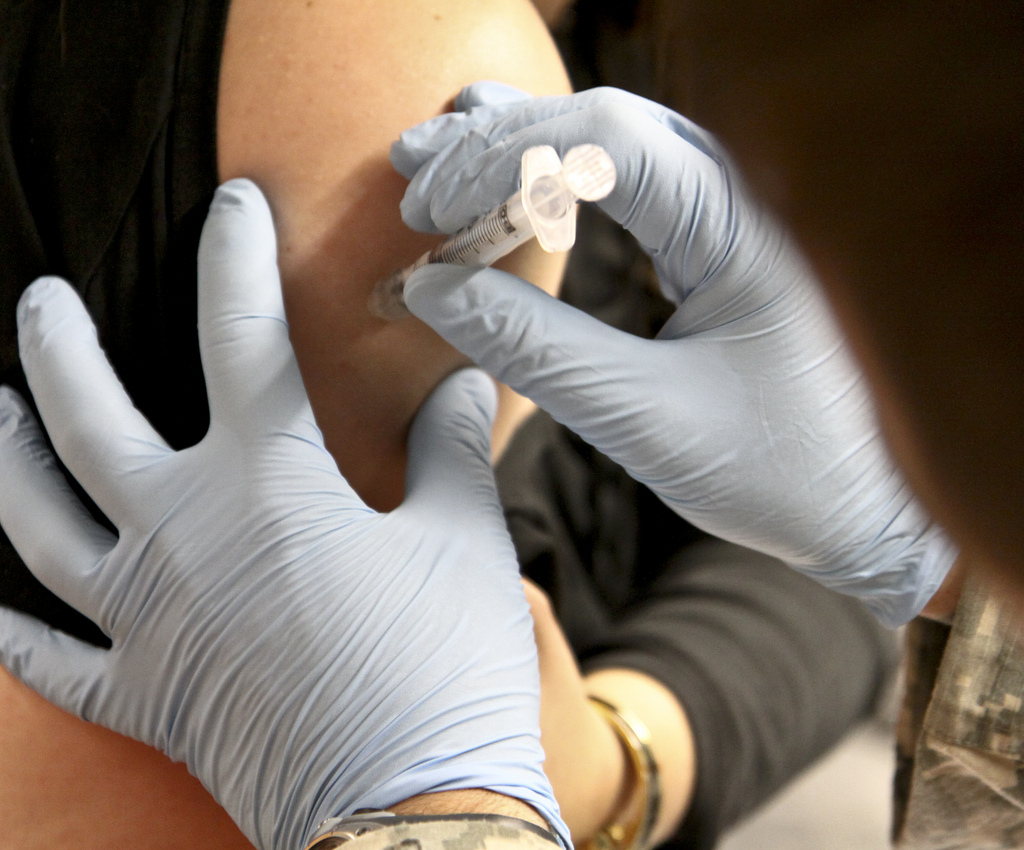An international trip can be the adventure of a lifetime, but only when you’re fully prepared for unpredictable situations. All too often, trips can be ruined by missed emergency alerts, language barriers, and getting lost in a foreign place. From lost passports and stolen wallets to medical emergencies and roaming charges, here are some crucial, but very often overlooked, traveling tips to protect you and your family from worst case scenarios.
Enroll in STEP
The Smart Traveler Enrollment Program (STEP) is a government service intended to keep Americans safe while traveling abroad. By signing up for the free service, your trip will be enrolled with the nearest U.S. Embassy or Consulate. Benefits of enrolling in the program include receiving travel warnings and alerts for a particular country to help you make informed decisions about your travel plans, and helping the U.S. Embassy and your friends and family contact you in case of an emergency, whether it be a natural disaster or civil unrest.
Research Health Risks
Some countries require foreign visitors to carry an International Certificate of Vaccination or other proof that they have received certain vaccinations or medical tests before entering the country. Research the health risks of the foreign country you’d like to visit by contacting the foreign embassy or visiting the U.S. Centers for Disease Control (CDC) website. Once you’ve done your research, make an appointment with your primary care physician to receive the necessary inoculations and to discuss any other known health risks.
Scan Important Items
If something happens to your passport or other documents while you’re out of the country, it could take up to six weeks for a new one to arrive. While traveling to foreign countries is fun, being stuck in one is not. Although you might already have copies of your passport, consider downloading a scanning app to keep your important documents organized and safe in the cloud. Documents to scan and save include itineraries, hotel reservations, car rental information, passports, driver’s licenses, and any pertinent medical or financial data.
Consider Traveler’s Insurance
Accidents can happen anywhere, and your home medical insurance may not cover you while abroad. While some insurance policies will cover “customary and reasonable” medical costs in foreign countries, most won’t pay to have you evacuated out of a foreign country in case of a medical emergency – something that can easily cost more than $50,000 without supplemental travel insurance, like an air medical transport program. By combining travel medical insurance with supplemental travel insurance, you’ll have all your medical bases while traveling abroad.
Pay Attention to Roaming
Getting in touch with the people you love can be the most important part of staying safe, so investing in a global data plan can help make staying connected easier and cheaper than before. Many phone plans have special packages for those traveling abroad, while others sell inexpensive phones you can use temporarily while overseas. No matter how you solve your roaming problem, it’s important that you feel comfortable using your cellphone freely while traveling abroad: everything from reservations to GPS can be accessed from your phone.
Voltage Converter & Phrasebook
There’s nothing quite as frustrating as needing to charge your cell phone or blow-dry your hair and realizing the plugs won’t fit into the outlets. While some voltage converters are specific to certain countries, others are all-in-one, and can usually be found online. Additionally, it’s important to know at least a few basic phrases in the country’s native language to ensure your safety. There are many phrasebooks available in your local bookstore, and some are even accessible via your smartphone or tablet.




